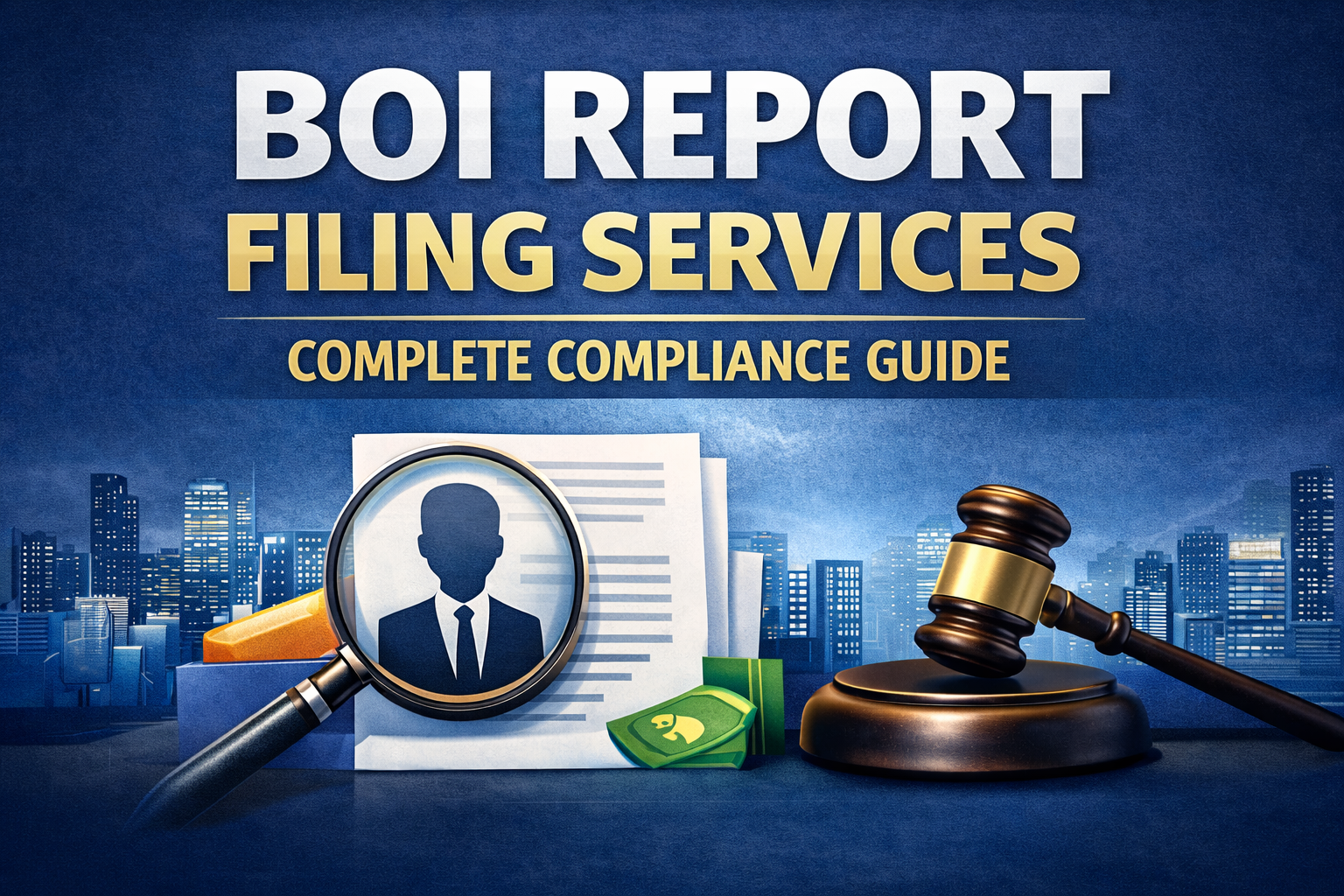Master Your Money: Essential Personal Finance Tips

Introduction
- Briefly introduce the importance of personal finance.
- Highlight how understanding basic financial concepts can lead to financial stability and security.
- Mention that this blog aims to guide readers through fundamental aspects of personal finance.
- For more detailed assistance and services, visit PrimeRegister US LLC.
Understanding Income and Expenses
- What is Income? Define income and its sources (salaries, investments, side hustles).
- What are Expenses? Explain expenses and differentiate between necessary (bills, rent) and discretionary expenses (dining out, entertainment).
Creating a Budget
- Importance of Budgeting: Explain what budgeting is and its importance.
- Steps to Create a Budget: Provide a step-by-step guide on how to track income and expenses.
- Allocating Funds: Suggest allocating funds for necessities, savings, and discretionary spending.
Building an Emergency Fund
- Definition: Define what an emergency fund is.
- Importance: Discuss the importance of having a financial cushion for unexpected expenses.
- Saving Target: Recommend saving at least 3-6 months’ worth of living expenses.
Managing Debt
- Types of Debt: Explain the difference between good debt (e.g., mortgages) and bad debt (e.g., high-interest credit cards).
- Debt Repayment Tips: Provide tips on prioritizing debt repayment, focusing on high-interest debt first.
Saving and Investing
- Importance of Saving: Emphasize the importance of regular saving.
- Automated Savings: Suggest automating savings to ensure consistency.
- Basics of Investing: Introduce basic investment concepts and the importance of diversification.
Planning for Retirement
- Start Early: Stress the importance of starting early with retirement savings.
- Retirement Accounts: Mention employer-sponsored plans (401(k), etc.) and individual retirement accounts (IRAs).
- Employer Contributions: Highlight the benefit of employer matching contributions.
Credit Score and Credit Reports
- Credit Score: Define what a credit score is and its significance.
- Credit Report: Explain the components of a credit report.
- Regular Checks: Advise regular checking of credit reports for accuracy.
Insurance
- Importance of Insurance: Discuss the importance of having appropriate insurance coverage.
- Types of Insurance: Mention common types of insurance (health, auto, home, life).
Financial Goals
- Setting Goals: Encourage setting short-term and long-term financial goals.
- Creating a Plan: Provide tips on creating a plan to achieve these goals.
- Review and Adjust: Suggest regular review and adjustment of financial goals.
Continuous Learning
- Importance of Education: Highlight the importance of ongoing financial education.
- Resources: Recommend resources such as books, financial blogs, and courses.
Conclusion
- Summarize the key points covered in the blog.
- Encourage readers to take the first step towards managing their personal finances.
- Invite readers to follow the blog for more tips and insights on financial management.
- For further assistance, visit PrimeRegister US LLC.
Frequently Asked Questions (FAQs)
Is personal finance management important? Yes, personal finance management is crucial for effective money management. It helps in saving, investing, and achieving financial goals.
How do I set financial goals? To set financial goals, clearly define them, set a timeline, and create an action plan. This helps in achieving your goals efficiently.
Why is budgeting necessary? Budgeting helps in managing your finances by analyzing income and expenses. It reduces unnecessary expenses and promotes savings.
How can I achieve financial independence? To achieve financial independence, save regularly, manage debt, take health insurance, and invest for retirement.
How do I manage income and expenses? To manage income and expenses, use your income wisely, control unnecessary expenses, create a budget, and save regularly.
What is the importance of regular saving? Regular saving is essential for future financial stability. It helps in building an emergency fund and making investments.
How do I build an emergency fund? To build an emergency fund, save 3-6 months’ worth of expenses. This provides financial security in emergency situations.
What are automatic saving methods? Automatic saving methods involve scheduled withdrawals from your bank account to ensure regular saving.
How do I invest in the stock market? Before investing in the stock market, study the market, diversify your investments, and focus on long-term gains to reduce risks.
What are mutual funds and how do they work? Mutual funds help small investors diversify their investments. Managed by professionals, they reduce investment risks.
What is the importance of debt management? Debt management is vital for maintaining financial health. It improves credit scores and reduces interest payments.
Why are life insurance and health insurance important? Life insurance and health insurance mitigate financial risks and protect your financial health.
How do I create a retirement plan? To create a retirement plan, invest regularly in a pension fund. This provides financial independence in retirement.
What are ways to save tax? To save tax, use schemes that reduce taxable income, such as pension contributions, insurance premiums, and investment income.
How do I avoid financial fraud? To avoid financial fraud, secure personal and financial data, monitor for suspicious activities, and report fraud.
What are the benefits of creating a family budget? Creating a family budget helps in financial management, controlling expenses, and promoting savings.
Why is financial education important for students? Financial education is crucial for students as it teaches money management and helps achieve financial goals.
How do I achieve financial goals? To achieve financial goals, define them clearly, create an action plan, and work consistently towards them.
How do I start the journey to financial independence? To start the journey to financial independence, set financial goals, analyze income and expenses, save and invest regularly.




